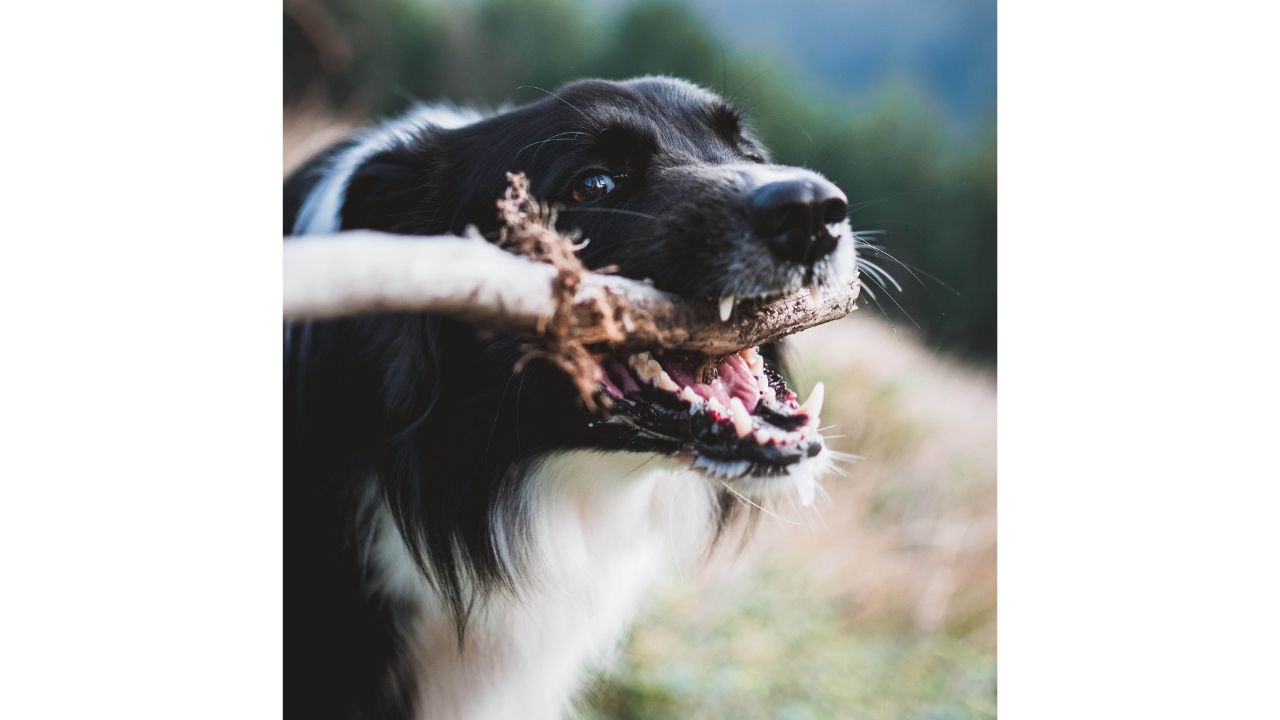Pet Behavior Change: An Animal Communication Perspective
Aug 10, 2022
Do you have a pet whose behavior seems to change on a whim? Are you struggling to make sense of pets who behave unpredictably only at certain times or around certain people? Do you feel like no matter what you try, you are at the mercy of your pet's ever-changing behavior issues? Animal communicator Shannon Cutts discusses deeper reasons that can trigger pet behavior changes.
When I am teaching animal communication, I teach my students how to match their thoughts, words and emotions during an interspecies conversation.
Why is this so important? Because human animals are the only species that prioritizes thoughts and words over pictures and feelings when we are communicating.
And sure, we may notice from time to time that we get "bad vibes" when we are in certain situations or around certain people. For example, maybe you have noticed that you don't want hang out with a certain negative friend anymore or you can't quite help but cringe when you see a particularly grumpy co-worker walking towards you.
But if you are like most homo sapiens, when this happens you probably head straight up into your head to talk yourself out of what your intuition is telling you.
Non-human animals can also be trained and socialized to temper their intuitive reactions to bad juju, such as a service dog that is able to hold steady even in the presence of booming artillery fire. However, the average companion animal - dog, cat, parrot, etc - isn't going to have this type of intensive training.
Instead, your pet is going to look to you for direction on what to do, how to act and respond, around different people and in different sets of circumstances.
And this is important to understand - your pet isn't going to look first to the dialogue going on in your head or the words coming out of your mouth. They are going to look to your emotions and your gut instincts.
Here's how this might work. Let's say you regularly walk your dog at a certain time each day. And each day during your walk, you cross paths with a neighbor who has made trouble for you in the past. No matter how sweetly your dog has behaved with everyone else you've met along your walk, as soon as you see this neighbor you know it is time to cross the street. Why?
Because your dog is already gearing up to lunge, growl and bark at this neighbor.
In this situation, your dog is quite likely acting out your unresolved internal aggression, fear or anger. Your dog picks up on your emotional shift, interprets it as possible danger and instantly shifts into protective mode. It is also highly likely that you are recalling all the previous walks where your dog has lunged and growled at this neighbor. And your dog sees these mental pictures scrolling through your mind and takes them as a cue to lunge and growl yet again.
Now, this is a very simplistic example. But that doesn't make it any less valid or real.
When your pet behaves in a way you aren't expecting, the first thing to remember is that there is ALWAYS a reason. Your pet has a reason - and a very good one - for why they are choosing to alter their behavior in that particular moment.
As an animal communicator, my job is to take the animal's behavior seriously, believe on their behalf that they have an excellent and very logical reason for the behavior change (because they do!), ask them why they are doing what they are doing and then investigate what needs to change for them to stop doing that behavior.
I have seen miracles happen when an animal's human simply asks their pet "why are you behaving like this?"
Sometimes we discover that pet is still locked in the grips of past trauma or PTSD. Other times, we might find out the pet is reacting to the shifting emotional sands in their human. Still other times, we might learn that the animal senses something in their environment that their human isn't even aware of. There are many more reasons as well.
But fundamentally, the best way to find out is always going to be to take the direct route. We ask that animal. Then we know what is triggering the behavior. And we can have a productive conversation about how to help the pet remain calm or change their behavior in some desirable way that works better for you both.
Are you dealing with problematic or unpredictable pet behavior? I can help.
Scheduling your pet's animal communication session is fast & easy!
Get a fresh new blog post in your inbox each week PLUS $25 off any pet session with me.
Zero spam. Unsubscribe anytime.

